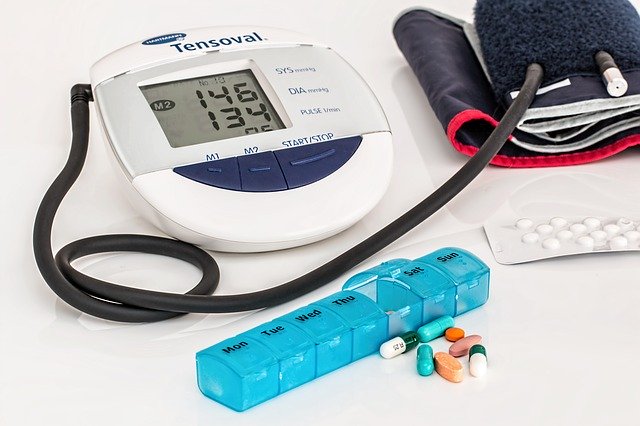New review captures the state of the knowledge regarding cardiovascular risk markers in high-risk obese populations.
Cardiovascular disease (CVD) is the leading cause of death and disability worldwide. CVD is considered a disease of adulthood, whereby cardiovascular risk factors may be present from early childhood, but disease onset typically occurs later in life. The development of CVD is related to multiple factors, however, childhood obesity plays a major role in later cardiovascular outcomes. With the obesity epidemic at a global scale, the detection of preclinical CVD in obese youth is critical.
Biomarkers are measurable physiological characteristics that relate to disease status. Cardiovascular biomarkers are important clinical tools for the screening, diagnosis, and treatment of at-risk individuals. A new review article written by Rajesh Parsanathan, PhD and Sushil K. Jain, Ph.D. at Louisiana State University Health Sciences Centre examines the use of traditional cardiac biomarkers as well as novel emerging cardiac biomarkers to predict CVD in children with obesity and other risk factors.
Among the novel biomarkers expressed specifically by heart tissue, the review touches cardiac troponins, natriuretic peptides, heart-type fatty acid-binding protein, and microRNAs and their promise in clinical use.
Published in Metabolic Syndrome and Related Disorders, the journal’s Editor-in-Chief, Dr. Adrian Vella explained, “Childhood obesity is a growing problem which often enough translates into adult obesity. Both are associated with increased cardiovascular risk, and markers that predict this risk more accurately will allow us to target treatment to the subjects most at risk. This paper is a review of the current state of knowledge regarding such markers,”
Written by Cheryl Xia, HBMSc
References:
- Parsanathan, R. & Jain, S. K. Novel Invasive and Noninvasive Cardiac-Specific Biomarkers in Obesity and Cardiovascular Diseases. Metabolic Syndrome and Related Disorders met.2019.0073 (2019) doi:10.1089/met.2019.0073.
- Kathryn Ryan. Using cardiac-specific biomarkers to predict cardiovascular disease risk early. EurekAlert! (2019).
Image by Steve Buissinne from Pixabay



